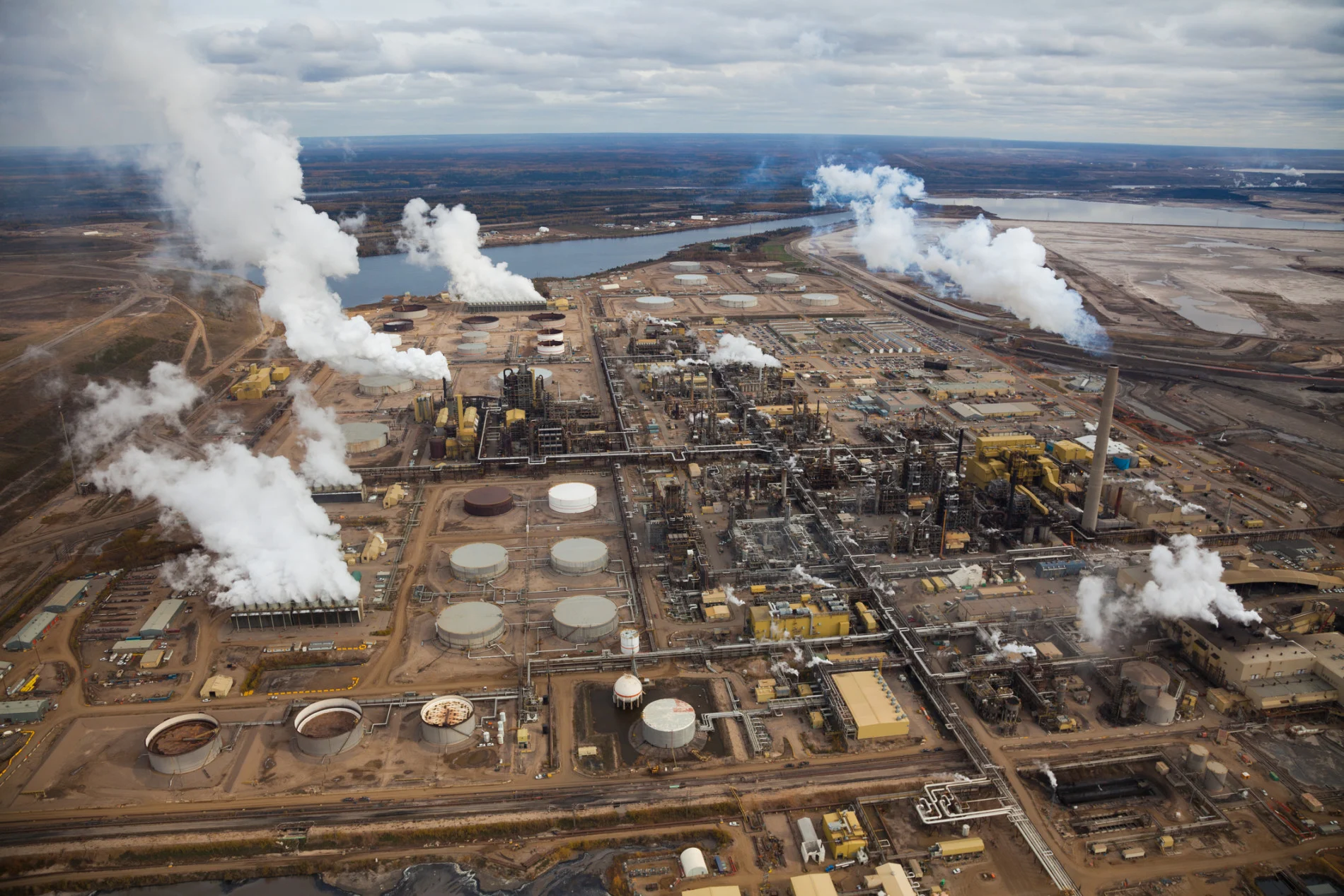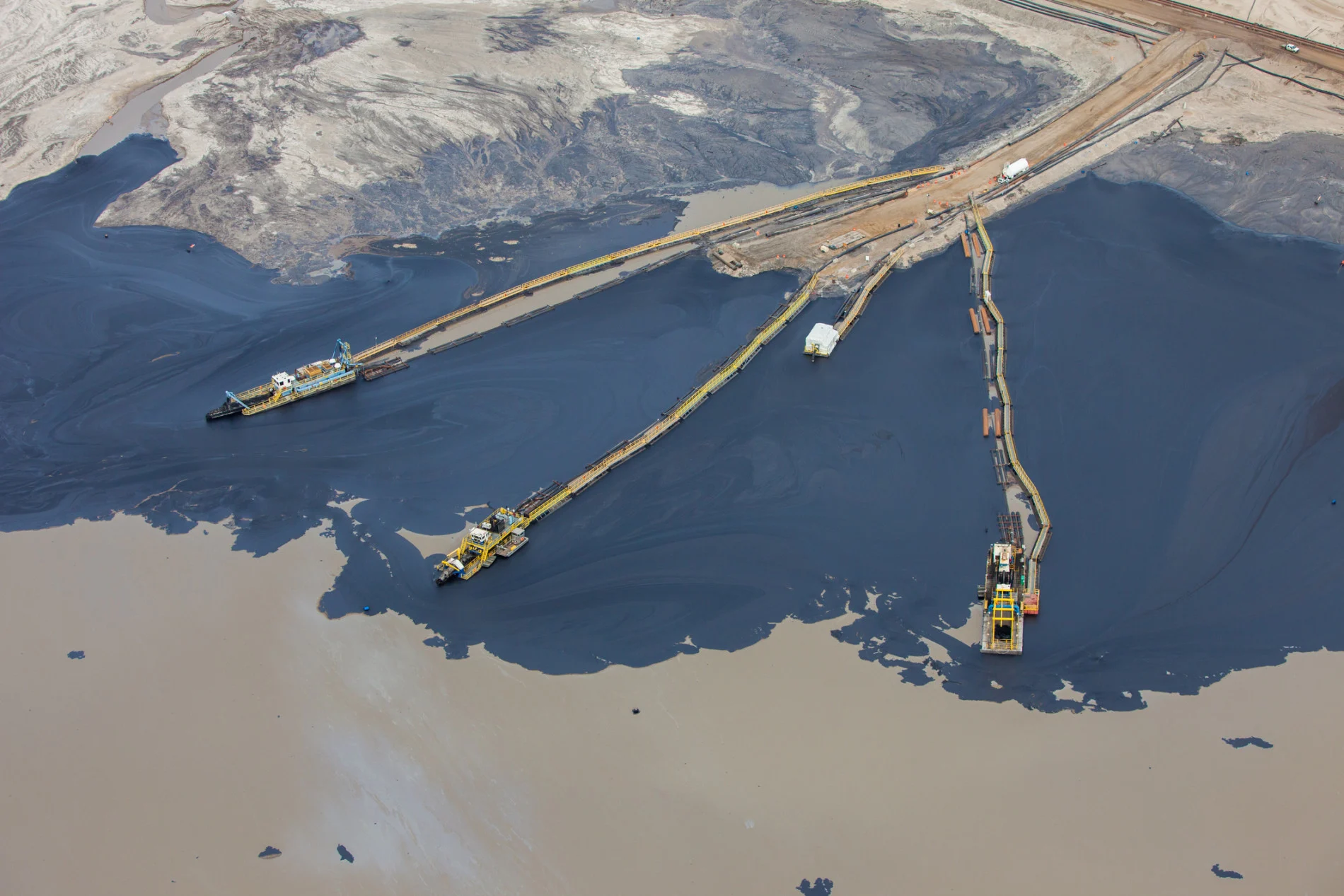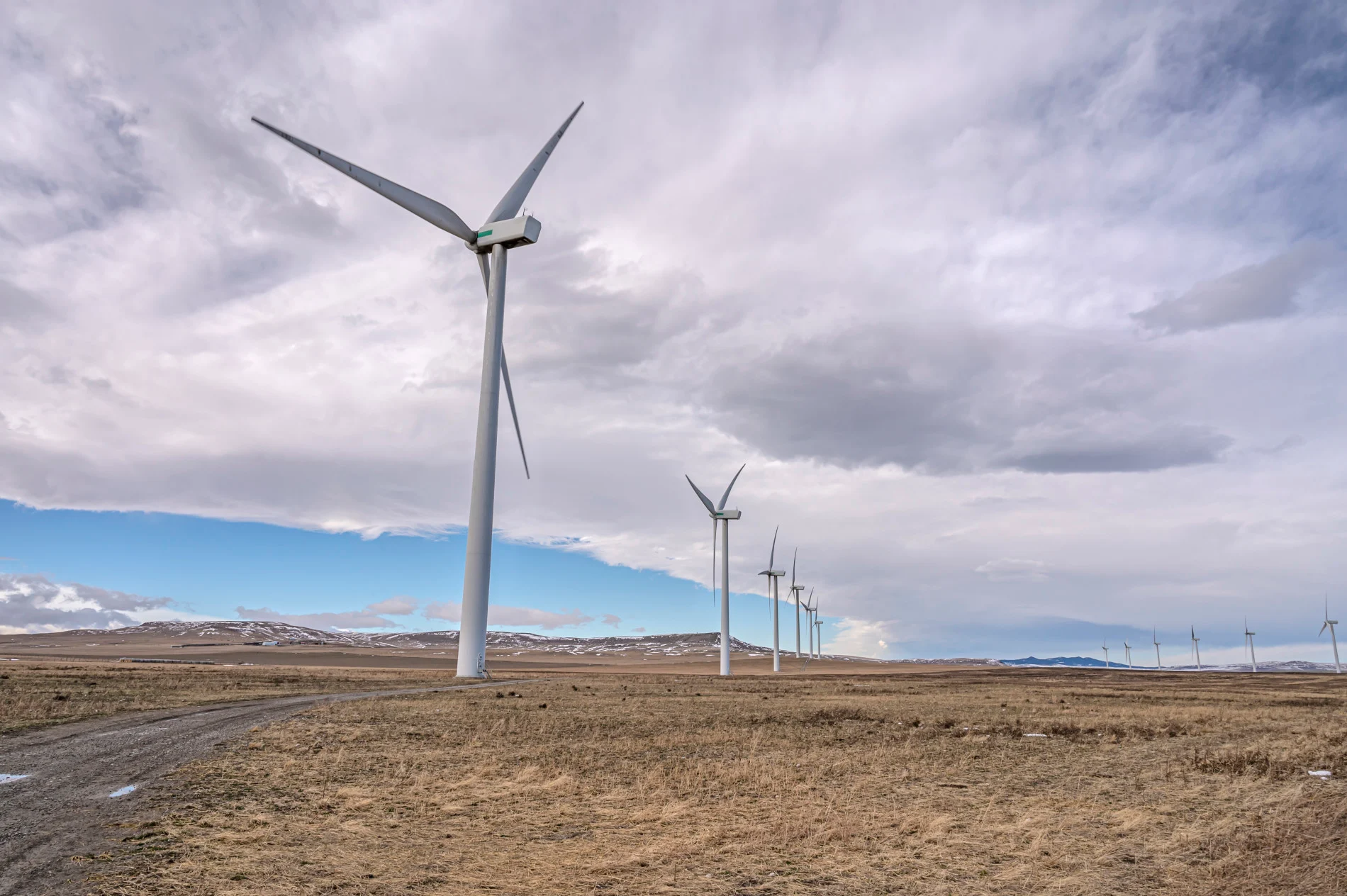
Is a new tax break for Canada's oil and gas industry a mistake? Experts weigh in
Despite decades of research and billions of dollars of investment in carbon capture, utilization, and storage (CCUS) technology, experts say it has a “terrible track record.”
Canada’s oil and gas industry hopes to get a new tax break that hundreds of Canada’s climate scientists, academics, and energy experts call a huge mistake.
“The oil and gas industry has been in the public trough long enough and are making windfall profits yet again,” stated Martin Olszynski, an environmental law professor at the University of Calgary. “It’s increasingly clear to Albertans that the public always ends up paying,” said Olszynski, one of more than 400 academics signing an open letter opposing the proposed investment tax credit.
The carbon capture, utilization, and storage (CCUS) investment tax credit is expected to be part of the next federal budget slated for Feb 27th, 2022.

Crude oil seen separated from sand for collection near Fort McMurray, Alberta. Tailings ponds are used to separate the heavy oil bitumen from the sticky sand mined from around the area. (dan_prat/ E+/ Getty Images)
Canada’s fossil fuel industries receive more public money in the form of grants, loans, tax credits, and other subsidies than any other country in the developed world, averaging close to $14 billion a year. In the past three years Canadian pipelines have received over $23 billion in support from federal and provincial governments, according to Winnipeg’s International Institute for Sustainable Development.
“Canadians care about how our collective wealth is being spent,” said Emily Eaton, associate professor, Department of Geography and Environmental Studies, at the University of Regina. “They are in favor of a just transition away from fossil fuels which we know have little future,” said Eaton, who also signed the open letter. “This new tax credit would be a huge mistake.”
The main points in the open letter:
CCUS technology is costly, unproven, and risky.
Renewable energy, electrification, and energy efficiency are proven and affordable ways to reduce emissions.
CCUS is not a climate solution, and does nothing to reduce air pollution nor health and social impacts of mining, drilling, and transportation of oil and gas.
An audit of a similar tax credit in the U.S. found that oil companies benefited financially but very little carbon was actually captured.
Ottawa pledged to “eliminate fossil fuel subsidies” by 2023 in Prime Minister Trudeau’s December 16th mandate letter that specifically asks Finance Minister Chrystia Freeland to “develop a plan to phase out public financing of the fossil fuel sector.” However, the very next paragraph in the mandate letter asks Freeland to create the CCUS tax credit.

Power generating windmills in the Rocky Mountain foothills near Fort Macleod, Alberta. (James_Gabbert/ iStock/ Getty Images Plus)
Canadian oil and gas producers are currently awash in cash thanks to higher energy prices and are expected to have record revenues this year. Even in bad years its executives do very well with annual compensation ranging from $1.5 million to $10 million or more for CEOs at Suncor, Canadian Natural Resources, and Cenovus. The average income in Canada is $54,600.
The oil and gas sector is Canada’s largest source of carbon emissions, greater than Ontario’s and the Atlantic provinces’ combined emissions. Last spring the Trudeau government promised a 40 to 45 per cent cut compared to 2005 emissions by 2030. While it is the weakest target among G7 countries, it is nearly impossible to reach without significant reductions in the oil and gas sector.
Last summer five major oil sand companies, including Cenovus and Suncor, stated they could achieve major emission reductions through the creation of an unprecedented $75 billion carbon capture, utilization, and storage system involving pipelines to and from a carbon sequestration hub near Cold Lake, Alberta. However, in order to proceed the companies stated they needed $50 billion in public subsidies. That amount could boost Canada’s health care budget a whopping 20 per cent and completely transform the health system.
The open letter notes that even after decades of research and billions of dollars of investment CCUS technology has a “terrible track record.” Canada’s flagship CCUS project, SaskPower's Boundary Dam coal-fired power plant, outside of Estevan, Saskatchewan, has never worked as promised. After seven years of operation it only captured 37 per cent of the carbon in 2021 instead of the official target of 90 per cent.
The $1.5 billion project continues to have numerous technical problems and remains the world’s only coal-power plant with CCUS. A 2015 study concluded it would be more cost-effective for Saskatchewan to shut it down and invest in wind and other low-carbon energy resources.
The only CCUS project in the oil sands is Shell’s Quest project at its Scotford upgrader complex near Fort Saskatchewan. The Scotford plant makes synthetic crude oil (syncrude) by using natural gas (methane) to produce hydrogen, adding it to the thick, tarry bitumen from oil sands. The Alberta and federal governments provided Shell with $865 million of the $1.3 billion cost.
Shell has stated the project has captured and sequestered more than five millions tons of carbon in it’s five years of operation. However, a report released on Jan 20 noted the project also emitted 7.5 million tons of carbon and methane, a far more potent global warming gas over the same timeframe. That makes the actual carbon capture rate 48 per cent, not the 90 per cent claimed by Shell, according to a Global Witness Investigation. And when the methane emissions are included, the capture rate falls to 39 per cent.
The Boundary Dam project uses the carbon they capture to pump more oil out of the ground to offset their enormous costs. That’s the “utilization” part of CCUS. Pumping out more oil increases carbon emissions but if the oil is used in the U.S. or another country then it is not officially counted as Canadian emissions.
More than 80 per cent of the emissions in a barrel of oil enter the atmosphere when it’s used. The global climate system responds to any increase in carbon no matter which country emits them. A representative from the Minister of Finance’s office has stated the CCUS tax credit is not intended for what’s called “enhanced oil recovery” and is about reducing emissions.
How a $75 billion CCUS system would be monitored, along with the safe, 100-year long storage of millions of tons of carbon, are questions experts, industry, and government still have to answer.
Thumbnail credit: dan_prat/ E+/ Getty Images










